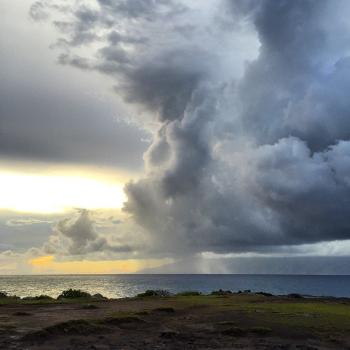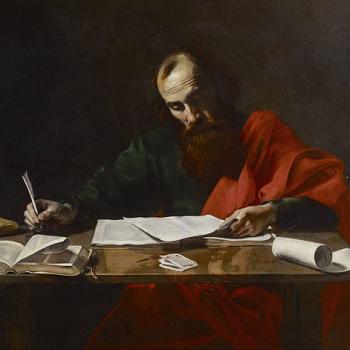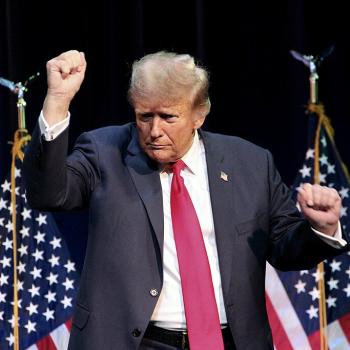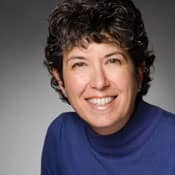Rodney Stark, American sociologist of religion and professor at Baylor University, has recently released his latest work on the history of Christianity. Bearing False Witness: Debunking Centuries of Catholic History tackles head-on some of the popular, and deeply damaging, anti-Catholic myths in history. He and I spoke on the phone about some of his discoveries, the reasons he tackled this topic, and the hope of dispelling these untruths. Our conversation roamed through the Crusades to Pope Pius XII, from the Inquisition to lost gospels, and included some personal reminiscences of his good friend, Andrew Greeley.
Read an excerpt of his book at the Patheos Book Club.
Tell us why you wrote this book at this point in history? Whom are you addressing, and what do you hope to achieve?
In writing numerous other books on the development of the Christian faith, I kept bumping into historical myths, fictitious stories that many historians were not true, but that most people still believed. And when I did, I kept having to stop and write an aside, correcting the misimpressions. After enough of these, I just knew I had to write something for the general reading public. These lies really must be killed.
There are so many different expressions of anti-Catholicism in this book, including charges of anti-Semitism, the responsibility for the Crusades, the "Dark Ages," and much more. How much of this anti-Catholic rhetoric was Protestant in origin and how much of it was secular?
Well, initially this kind of anti-Catholic talk was a direct result of the religious wars following the Reformation. There's very little evidence of it before that. Protestant-Catholic hostility generated a great deal of anti-Catholic talk. The English and the Dutch made up some of it as general warfare propaganda. Later, however, the prejudice morphed from being primarily religiously sourced to being a more general secular and political attack. So, for instance, during the Enlightenment, Voltaire and his fellows blamed the Catholic Church for obstructing progress, and this was certainly a political as well as religious attack.
Some of the anti-Catholic stories are fairly recent. The story about Christopher Columbus being resisted by the Church's leadership because they argued that the earth was flat didn't show up until Washington Irving included this piece of fiction in his 1828 biography of Columbus. The idea that Pope Pius XII was "Hitler's Pope" was started by a left-wing German supporter of the USSR, and was a useful fiction to marginalize the Church's influence in Soviet politics. In the last thirty years, much of this anti-Catholic talk has come from disgruntled former Catholics.
Since much of it was politically derived, don't we have to look at it as a power struggle rather than as religious discrimination?
It certainly lost its religious edge and became political. For example, the French Revolutionaries vilified the Church as the enemy of the state, and outlawed religion altogether. But the two overlap. Early American attitudes were shaped by the British rejection of Catholicism, and while these were in part politically derived they remained religious in popular thinking. For example, for most of this country's history, it was hard to be a Catholic and to overcome a certain stigma; for years, no one would take anyone at Notre Dame seriously, and consider the many ways people resisted the presidential candidacy of Kennedy.
You speak in your book about a differentiation between the Church of Power (the clerical hierarchy) and the Church of Piety (the monks and nuns). How did these two play into the anti-Catholic attitudes?
Different contexts evoked different expressions of anti-Catholicism. For instance, the French Revolutionaries were certainly against the Church of power, yet over the centuries there has been a widespread antagonism against monks and nuns as being too strange, foreign.
The first chapter of your book tackles the "Sins of Anti-Semitism," and you jump right in with a rejection of the idea that the Church was the origin of anti-Semitism, and then you move on to challenge the broad-based stories of Church violence, including Pope Pius XII's actions during World War 2. And yet, you recognize that indeed there have been many acts of violence against Jews in Christian history. How do you want us to understand the reality?
I'm not arguing that the Church has never been involved in anti-Semitism, and the book makes clear that there have been horrible events in certain periods and very localized situations, but the bigger picture is that the Church has definitely and consistently stood against violence against Jews and took risks in protecting them. Even prominent Jewish historians and leaders acknowledge this. Golda Meir praised Pope Pius XII for his efforts to protect the Jews during the war. So the truth is just much more nuanced than people like to believe; the record is mixed.





